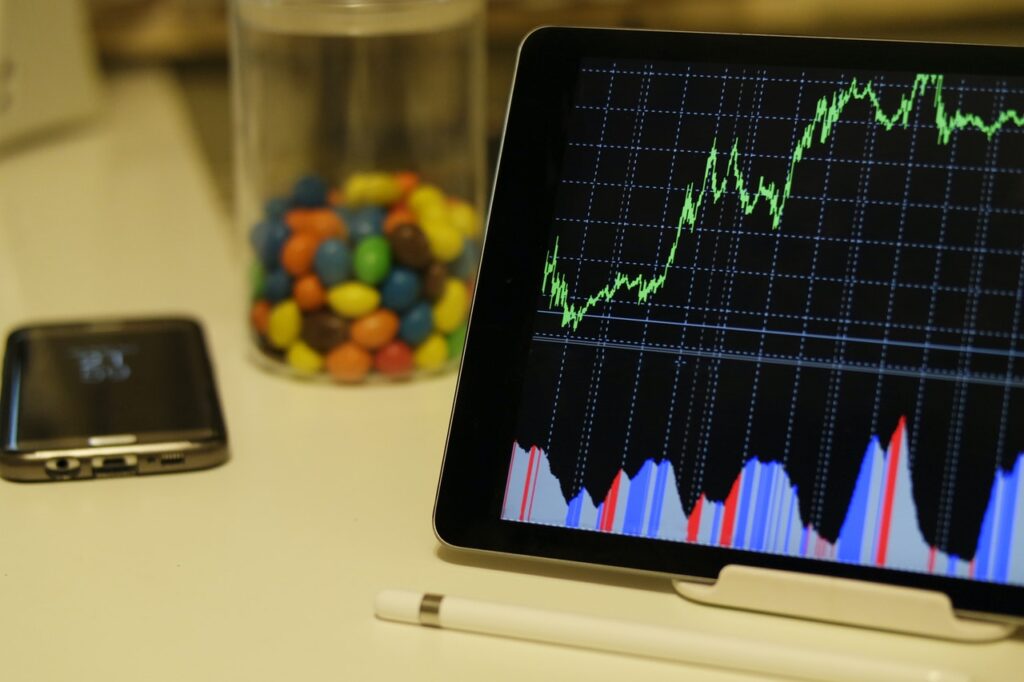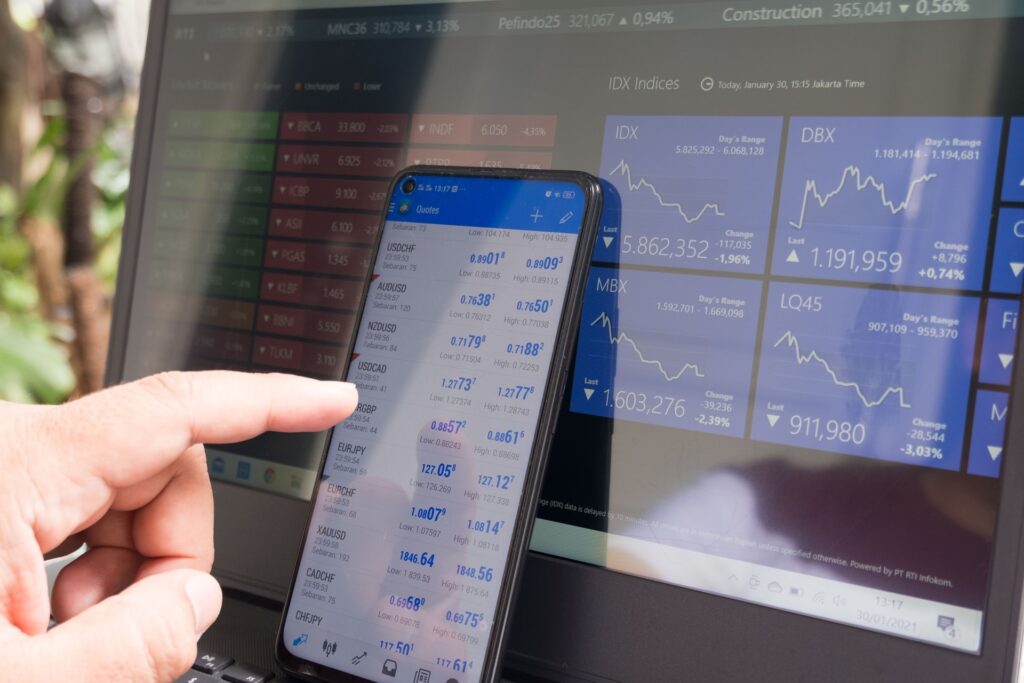Speculation with exchange-traded assets and investing in stocks, futures, currencies are actively advertised on the Internet. As a result, nowadays millions of novice traders are interested in making money on the exchange. They are eager to find brokers, make deposits, conclude deals and find treasured wealth as soon as possible. However, most of them lose their money within the first days or even hours of trading. What is the reason?
Assess prospects correctly

The main mistake of traders and exchange investors is the desire to earn a lot of money right now. Unfortunately that is not possible. Any deal on the exchange assumes a risk. The higher the potential profitability of the transaction – the higher the risk of losing capital.
Be prepared that at the beginning of your trading career, you will earn little or even face ‘zero’ profit concluding safe deals for small amounts. Otherwise, you will most likely quickly lose everything. If you lack patience and emotional restraint, stock trading may not be for you.
Speculative deals and investments in exchange-traded assets are not suitable for everyone. Perhaps, in your case, it is better to put money in a bank, open your own business, invest money in your family and personal development.
Own Capital for Trading
As mentioned above, trading and investing are always risky. Even low-income so called protective assets do not provide a 100% guarantee that you will earn. If you plan to speculate in assets, currencies, stocks, then the risk of losing money only increases.
Know how to manage risk and analyze the level of risk in each specific transaction. Diversify your risks and do not use all your capital at once, even if you are confident in the profitability of a particular trade.
Determine how much capital you can provide for stock exchange activity so that in the event of a loss, you do not harm your own budget critically. It is highly discouraged to deposit credit and borrowed money, as well as money set aside for important purchases.
Get ready to lose money

The vast majority of novice traders lose their deposits. The reason is that their money goes to more experienced market participants. The exchange is a zero-mass market, and if someone makes money, he does it at the expense of someone’s financial losses.
To add, according to statistics, many newbie traders lose their money very quickly, and only a few lucky ones who correctly assess their skills, are patient, have developed a trading strategy, can make some money in the long term.
Find a good broker

It is important to find a reliable broker to access exchange operations. The reliability of brokerage companies affects not only the comfort of trading, but also the safety of your finances. Check carefully how trustful and suitable the particular broker is for you.
Ask the regulatory authorities for company information, make sure the broker has a brokerage license and all necessary permits in your country. Check where the company is registered and where it keeps its clients’ money. It is also important to get guarantees that the broker transmits up-to-date information from the exchange and quickly executes orders.
Study the terms of cooperation, as well as the size of commissions, spreads, additional fees, methods of depositing and withdrawing money, the level of technical and customer support.
Read broker information on the official website, request company information from government financial regulators, and read broker reviews on sites like Tradersunion.com.
The broker should provide its clients with modern software and easy-to-use trading platform, as well as a set of tools for collecting information.
Attention! There are scammers working on the stock broker market. Check blacklists and negative reviews. Do not trust companies with no reputation and those brokers that guarantee profits without risks.
Learn and improve your skills

There is no magic button “make money on the stock exchange”. In order to profit from speculative activities or investments, you need to have skills and experience. Without knowledge, you will not be able to identify market trends, diversify risks, to find promising assets to buy, and the time to sell them.
This means that in order to become a successful investor, you will need to study a lot, spend time on fundamental and technical analysis of the market every day, monitor trends and adjust your trades. Doing this at random and without a clear understanding of the mechanisms of the exchange will not work.
Follow your strategy
There are no ideal strategies that will be guaranteed to be profitable on the exchange for everyone. It all depends on your goals, capital, acceptable level of risk. In addition, it is important to understand what strategy you want to adhere to – engage in short-term transactions and speculation, engage in medium-term trading for example with foreign exchange assets, to make long-term investing in stocks and blue chips, and so on. Stick to your chosen strategy and use a systematic approach.
There are several popular approaches to market analysis and trend forecasting. First, it is fundamental analysis based on news and its impact on market trends. Secondly, it is technical analysis based on technical indicators, graphs and statistics.
Don’t rush to spend money
To understand if trading and speculation on the stock exchange is right for you, we recommend using broker ‘cent’ accounts or demo accounts with virtual ‘not real’ money. Practice using “virtual” money, learn how the market and trading platform work. Yes, you will not earn in the process of training, but you will not lose money due to lack of experience and knowledge.
Find out the terms of bonuses

Many brokers offer bonuses to beginners or active traders. Carefully study the conditions for granting bonuses. In some cases, it is better to refuse bonuses and promotional offers, since their conditions are unprofitable or impose restrictions on the trader’s activities. Don’t believe ads without evidence.
Conclusion
Trading and investing on the stock exchange is a risky financial activity that, among other things, requires experience, training, knowledge, time and effort. In addition, you need a reliable intermediary, as well as capital that you can afford to lose without serious harm to your personal budget. That is why trading is not for everyone and you should check all the pros and cons before making your first deposit.
Related Posts:
- Top Netflix Streaming Picks in 2024, Plus a Few Handy Tips
- 5 Helpful Tips to Extend Your Disposable Vape Usage in 2024
- 3 Biggest Problems Professional Crypto Traders Have in 2024
- NBA 2K20: 7 Tips for Beginner Players in 2024
- 10 Celebrities You'd Never Guess Were Bitcoin Traders
- Top 10 Technical Analysis Tools for Traders







